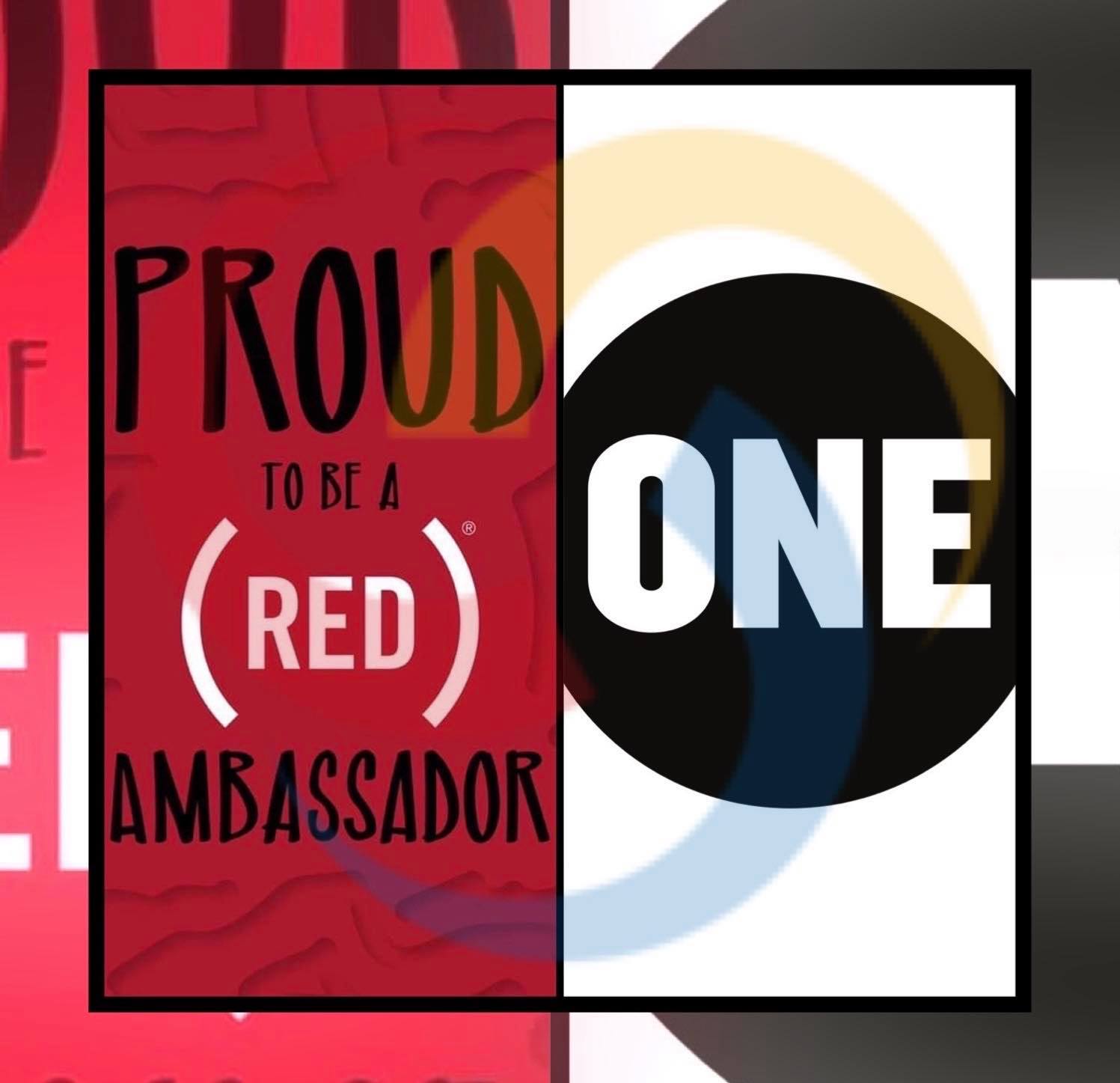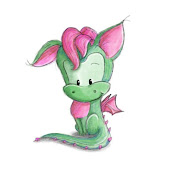The desire for enrichment classes geared towards babies and toddlers have become very popular in the United States
Signing for infants and toddlers is offered as a way for parents to communicate with children who are too young to communicate, a way for the infants and toddlers to express wants and needs that parents and care givers mostly have to guess at in response to crying.
By actively teaching their pre-verbal babies to express themselves with sign language, parents are taking such gesturing a step further. For example, babies could learn to ask for a book by placing their hands together (palm to palm) and then opening the hands while maintaining contact between the pinkie fingers or to ask for food by rubbing their tummies. (Some baby-signing programs recommend using only gestures from American Sign Language; others believe children should be allowed to create their own gestures.) Babies exposed to true ASL signs regularly from an early age can generally begin using them effectively by 6 or 9 months or younger — even before they can say them, much sooner than those that use mere gestures, and even sooner then those who used no sins what so ever.
Signing provides children with far more than just rudimentary communication skills. Signing can improve a baby’s intellect, increase self-esteem and happiness, reduce fussiness and temper tantrums, improve problem-solving skills, and help toddlers get along better with each other. It also strengthens the bond between parent and child, as you are able to communicate effectively with your baby. Signing has also been proven to enhance early language and literacy skills, enabling children to speak sooner and develop larger vocabularies. Some even attribute significant increases in IQ to early signing.
Research conclusively indicates that babies who sign tend to have a stronger command of verbal language and often begin speaking at an earlier age than babies who do not sign. Countless parents and caregivers have confirmed these findings with their personal experiences and observations. In addition, many Speech-Language professionals, pediatricians, and educators are supporting the use of signs to encourage early language development.
It is very important, especially in this electronic age that parents and young children interact face to face, instead of letting their children spend hours in front of a television set, computer or video game system.



































0 comments:
Post a Comment